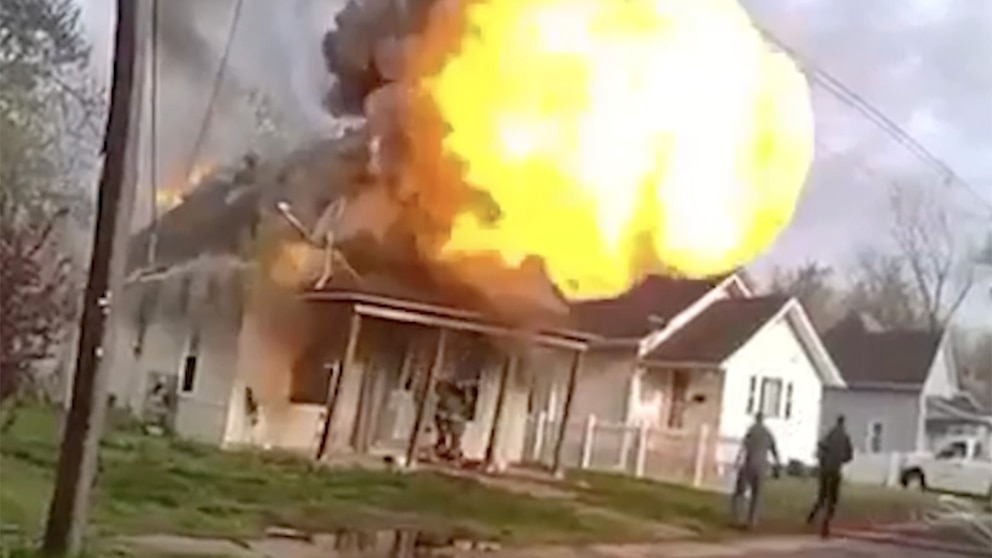Tragic Incident: Death During Forceful Mobilization in Ukraine Raises Alarms
A Ukrainian man died during a forced military mobilization effort last week, sparking outrage and renewed scrutiny of conscription practices amid the ongoing war with Russia. The incident occurred in the Kherson region on May 15, when the 32-year-old civilian reportedly suffered fatal injuries during an altercation with recruitment officers. Witnesses claim the confrontation turned physical as officials attempted to enforce mobilization orders, though authorities maintain the death resulted from a pre-existing medical condition.
Details Emerge About the Controversial Incident
According to local reports, the deceased—identified as Oleksandr Petrov—was approached by military recruiters while leaving his workplace at a grain processing facility. Neighbors describe Petrov as a father of two who held a valid medical exemption due to a heart condition. However, recruitment officers allegedly disputed the documentation’s validity.
“They pushed him against the wall when he resisted,” claimed a coworker who witnessed the altercation. “He collapsed minutes later while still arguing with them.”
Ukrainian officials released a conflicting account, stating Petrov became agitated during a routine verification process and suffered cardiac arrest. The Defense Ministry has promised a full investigation but maintains that mobilization procedures follow legal protocols.
Growing Tensions Over Mobilization Practices
The incident highlights increasing friction between Ukrainian civilians and military recruiters as the war enters its third year. Key statistics reveal:
- Over 650 complaints about forced mobilization filed with human rights groups in 2024
- 27 documented cases of physical altercations during conscription this year
- Ukrainian military seeks to recruit 450,000-500,000 additional troops
“This tragedy reflects the immense pressure on both sides,” explains military analyst Kateryna Zelenko. “Recruiters face impossible quotas, while civilians fear inadequate training and equipment for new recruits.”
President Zelenskyy acknowledged mobilization challenges during a recent address but emphasized its necessity: “We must maintain our defense capabilities while ensuring every citizen’s rights are respected.”
Human Rights Organizations Demand Reforms
International observers have raised concerns about Ukraine’s mobilization tactics. The UN Human Rights Monitoring Mission documented 14 cases of unlawful detention by recruitment officers in April alone. Amnesty International’s Ukraine researcher, Marko Savic, states: “While we recognize Ukraine’s right to self-defense, forced conscription through intimidation or violence violates international standards.”
Ukrainian human rights groups propose three immediate reforms:
- Clearer medical exemption guidelines
- Independent oversight of recruitment centers
- Penalties for coercive mobilization practices
The Broader Impact on Ukrainian Society
This incident has amplified existing debates about military service equity. Social media platforms show viral videos of alleged draft dodging among wealthy Ukrainians, while working-class men report being disproportionately targeted. Economic data suggests:
- 15% drop in male workforce participation since mobilization expansion
- Over 20,000 businesses report losing key employees to conscription
Sociologist Ivan Kovalenko notes: “The system’s perceived unfairness undermines morale at a critical moment. Many now view mobilization as punishment rather than patriotism.”
What Comes Next for Ukraine’s Mobilization Efforts?
The Defense Ministry announced it will review recruitment procedures following Petrov’s death. Meanwhile, parliament considers legislation that would:
- Digitize conscription records to reduce corruption
- Offer alternative service options
- Increase penalties for draft evasion among high-profile cases
Military experts warn that without reforms, Ukraine risks both human rights violations and decreased combat effectiveness. “Poorly trained, unwilling soldiers become liabilities on the battlefield,” cautions former NATO advisor Erik Larsen.
As investigations continue, Petrov’s family has become a rallying point for mobilization reform advocates. His widow told reporters: “I support our army, but no one should die at a recruitment office. This isn’t the Ukraine we’re fighting for.”
Those affected by similar incidents are encouraged to contact Ukraine’s Parliamentary Commissioner for Human Rights through their official website.
See more ABC News Feed



